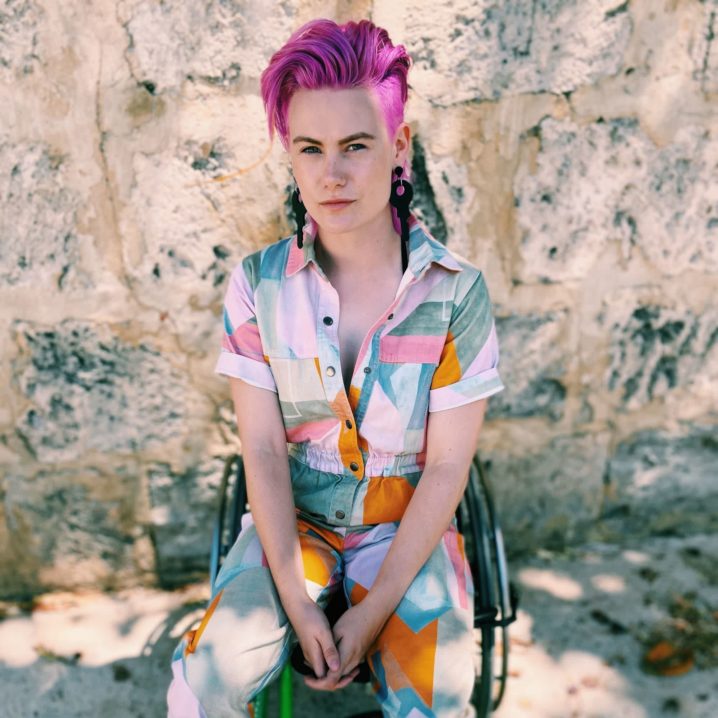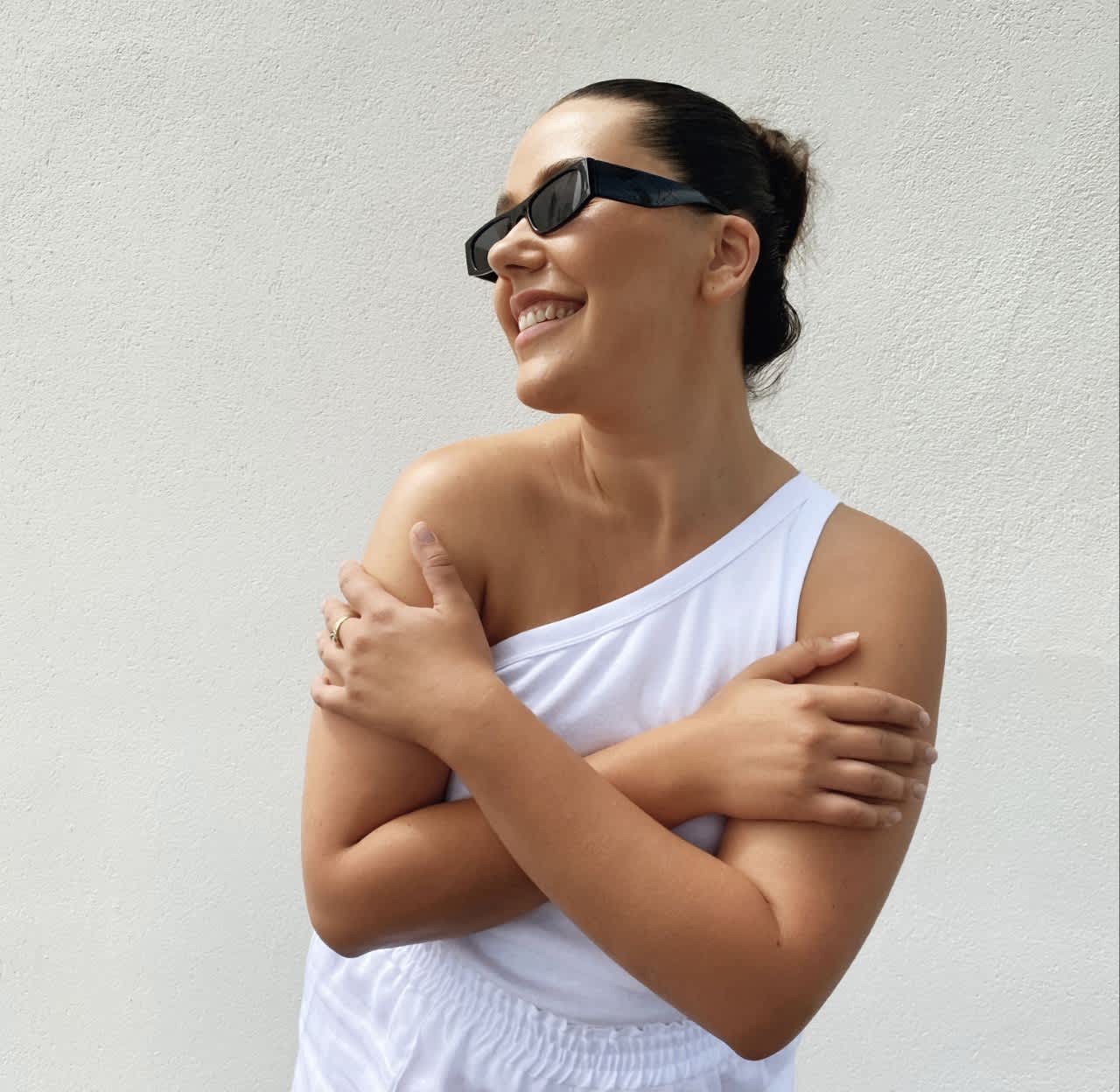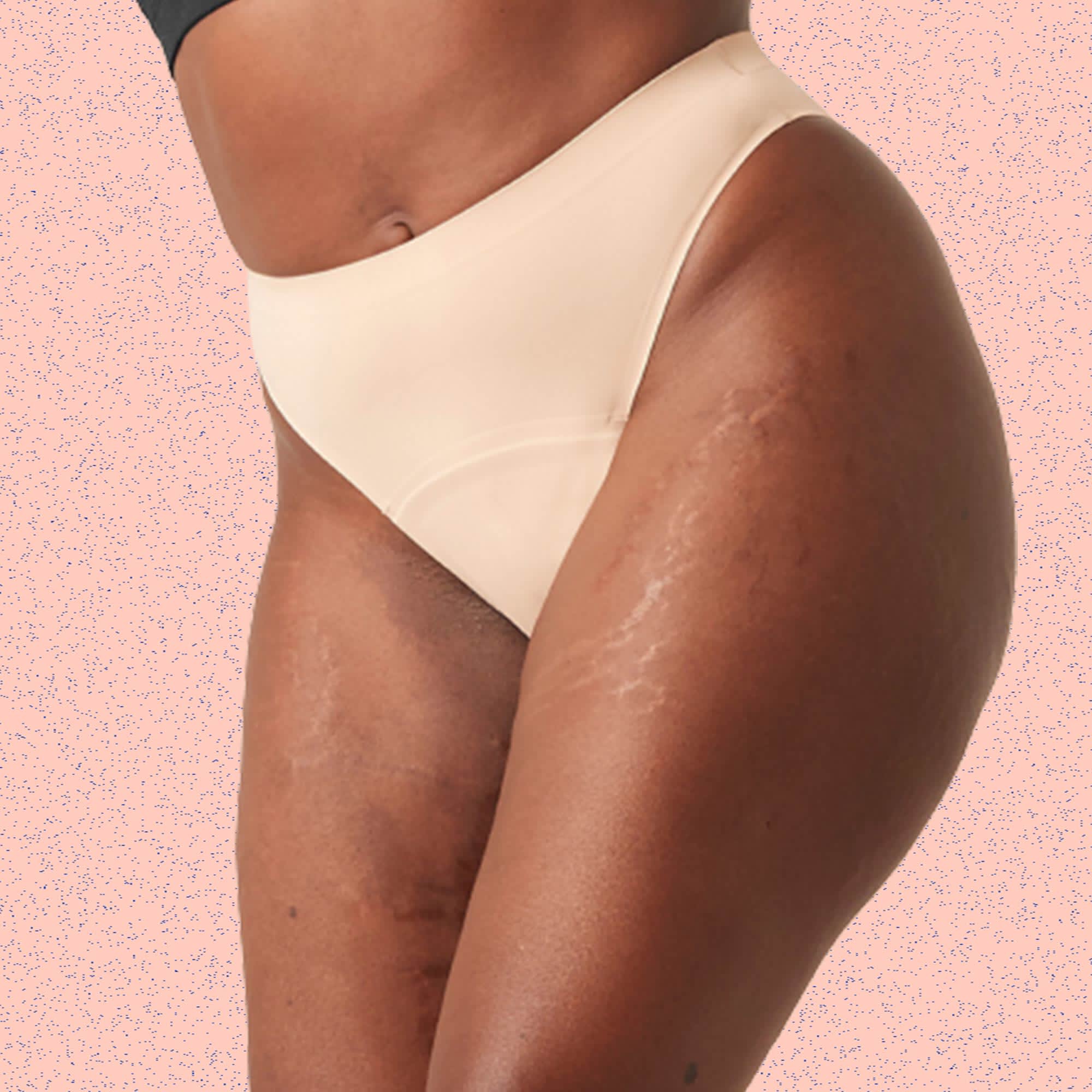
- POPSUGAR Australia
- Fitness
- Why the Language Around Periods Needs to Change
Why the Language Around Periods Needs to Change


In partnership with Modibodi.
Welcome to POPSUGAR Uninhibited, a space where anyone with a period can come for advice, recommendations and support. Here, we’ll tackle topics like PMS, sustainability, post-partum periods and bring you first-person experiences in our period diaries. We also want to raise awareness around period poverty, with the aim to ignite change with the help of our launch partner Modibodi and charity partner Share the Dignity. You can find all of the stories here.
The truth is periods are still a very gendered topic. There is still so much mainstream literature, media and branding that is written for and aimed towards female-identifying people only.
But cis females aren’t the only ones that experience a period.
Trans men, gender non-conforming, non-binary, agender people and even men experience menstruating and periods. Every individual is different, but the lack of visibility of genders outside cis women (straight, female-identifying), is still a prevalent issue in our society right now.
I mean, let’s be real, it’s only just become more normalised for cis women to talk about their periods openly, in public spaces and on large platforms.
“There’s still this idea that periods are dirty,” non-binary identifying Paralympian and model Robyn Lambird told POPSUGAR Australia.
“Lots of menstrual products are referred to as sanitary or hygiene products, which feels like it’s something we have to clean up. Anyone should be able to go in and buy period products without shame. It shouldn’t need to feel like this dirty secret that needs to be hidden.”
The gender stereotyping around periods has been around for a really long time and still exists in our subconscious today. I remember being told in school that my period was a “gross girl’s problem” and something that people (especially male teachers) “didn’t want to hear about”.
Plus, I don’t remember the sex education classes around periods and menstruation being inclusive.
“Everyone should be in the classroom,” Robyn says.
“I remember that boys and girls would be separated in those lessons, and that’s where the shame starts because there will be people in those classes that are queer, gender non-conforming, trans…”
For as long as I can remember, periods have been a “girl problem”. I’ve only ever felt comfortable talking to other women about my period because there’s this level of understanding and empathy that you don’t get elsewhere.
In this case, it’s difficult to blame those that are more ignorant to what a period can entail (usually cis men) because they were never educated in the first place.
“There just isn’t enough representation of diverse genders when it comes to period products. Most of the imagery we see around periods and menstruating is still pretty female-oriented,” Robyn says.
“I don’t think people are often ignorant by choice or are trying to be unhelpful, but I sometimes get weird looks when I get to the counter with period products.
“We absorb everything we see. It influences how we see the world, so the more we see diverse people representing period products, the more it will become normalised and accepted.”
Changing the language around menstruation isn’t something that’s going to change the female experience. What cis women go through with their periods will always belong to them, as it does to other genders that experience menstruation.
However, just a simple shift to “people who menstruate” rather than “women who menstruate” or “girls with periods”, would make a huge difference to the language around periods. Inclusive language makes people feel heard and seen and minimises the shame surrounding things like periods, that benefit from open conversations.
“I want to see a balanced discussion, with advice on all the different kinds of products; what works for some and not others, an array of diverse bodies, abilities, representation of the gender spectrum, and more education on how periods can affect different people,” says Robyn.
“The one-dimensional narrative is getting a bit boring and stale.”
Robyn says that their world really opened up and their personal stigma around periods began to change when they got on social media.
“When I started using social media, I would see people making art about periods, I would see gender non-conforming people talking openly about how their experience is different from cis women…
“Also, when I was welcomed into that community as a queer person, I became exposed to those things and I just felt so much more at ease.”
With an increasing sex-positive space on social media, and brands like Modibodi doing incredible things with period products, showing diverse bodies and gender and designing an adaptive range for people with disabilities as well as products with sustainability and comfort at the top of mind, we’re embarking on real positive change.
The next step is actively changing the language around periods, so that everyone who menstruates feels comfortable to take part in the conversation and can benefit from the resources, products and support available.
People who menstruate: we’re all in this together.



